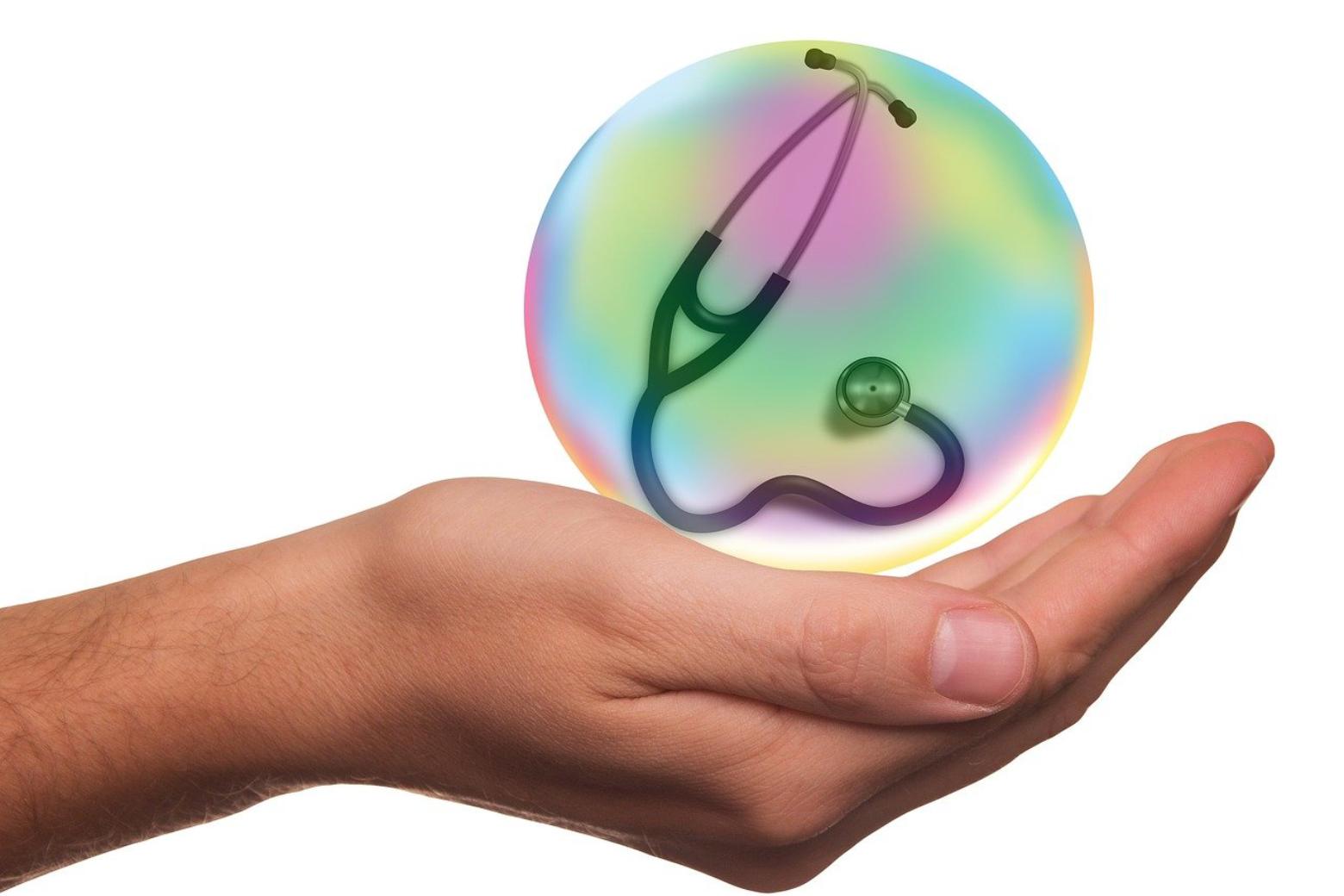In the fast-paced world of healthcare, maintaining confidentiality and security during communication is paramount. The HIPAA sets the standard for protecting sensitive patient data. To adhere to these regulations, healthcare providers must rigorously ensure that their methods of exchanging information, including faxing, comply with HIPAA requirements. Failure to do so can result in severe penalties, both legally and financially. Below we will explore the significance of HIPAA compliance in fax communications within the healthcare sector.
Best Practices for Maintaining HIPAA Compliance With Healthcare Faxes
Maintaining HIPAA compliance during fax transmission requires implementing best practices that secure PHI. This starts with investing in robust fax machines and servers that have enhanced security features such as encryption and secure line connections. Moreover, clear policies on fax use should be well communicated and strictly enforced among staff members.
A crucial aspect of secure faxing practices includes conducting regular audits and log reviews. This helps ensure that all faxes sent and received are accounted for and that any unauthorized access or transmission errors are quickly identified and addressed. Staff should also be trained on the correct procedures to confirm recipient information before sending any PHI.
Furthermore, the use of digital fax technology, which securely transmits faxes over the internet, can greatly reduce the risk of a breach. Digital fax services often include advanced security features, such as data encryption and secure archival, that align with HIPAA requirements. For comprehensive tips on secure HIPAA faxing practices, healthcare providers can refer to resources from providers specializing in this technology, an example of which includes the HIPAA fax guidelines provided by Interfax.
Risks of Non-Compliance With HIPAA in Faxing Patient Information
The risks of non-compliance with HIPAA are serious and can have a multitude of repercussions. Not only do they pose a significant threat to patient privacy, but they also place healthcare entities in legal and financial jeopardy. When faxing patient information, a simple error such as sending to the wrong fax number can lead to an exposure of PHI.
In the event of a breach due to non-compliance, covered entities face substantial fines from the Department of Health and Human Services’ Office for Civil Rights (OCR). These fines can be crippling, with large-scale violations resulting in millions of dollars in penalties. Moreover, repeated or unaddressed compliance issues can lead to increased fines and closer scrutiny from regulatory bodies.
The Role of Secure Fax Technology in Protecting Patient Privacy
Secure fax technology has emerged as a crucial component in the effort to protect patient privacy while remaining compliant with HIPAA regulations. These technologies can effectively encrypt data during transmission and ensure that PHI is only accessible to authorized personnel. The adoption of secure fax solutions is fundamental in the mitigation of potential breaches.
Another factor in protecting patient privacy is ensuring that fax machines and software are configured to not retain data after transmission. Modern fax systems often incorporate features that automatically delete PHI once the transmission is confirmed, thereby reducing the chances of unauthorized access to sensitive information stored on the machine.
Legal Implications and Penalties for HIPAA Violations in Fax Communications
When a HIPAA violation occurs in fax communications, it attracts legal implications and penalties that can be quite severe. The OCR is responsible for enforcing HIPAA’s Privacy and Security Rules, and it has the authority to levy financial penalties on entities that fail to comply. These penalties are tiered based on the level of negligence and can escalate with the severity and frequency of violations.
The legal implications can extend beyond federal fines. There is also the possibility of civil lawsuits from patients whose PHI has been compromised. Such cases can lead to settlements or judgments that add to the financial burdens of the healthcare provider. In some instances, criminal charges can be brought against individuals responsible for egregious breaches of patient privacy.
Altogether, the reliability and security of fax communications in healthcare cannot be overlooked. Compliance with HIPAA standards when sending and receiving faxes is critical in protecting patient privacy, maintaining trust, and avoiding the punitive measures associated with data breaches. Healthcare entities are advised to stay informed and adhere to best practices, leveraging advanced fax technology to ensure their faxing procedures meet the stringent requirements of HIPAA.
